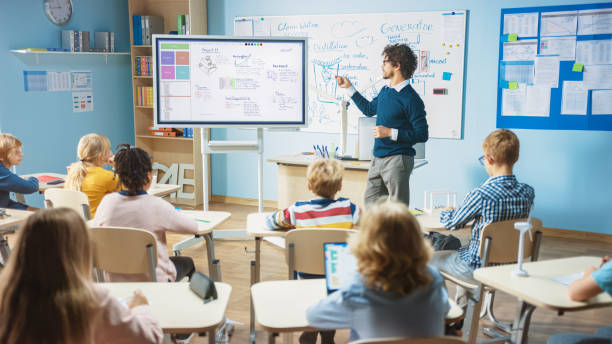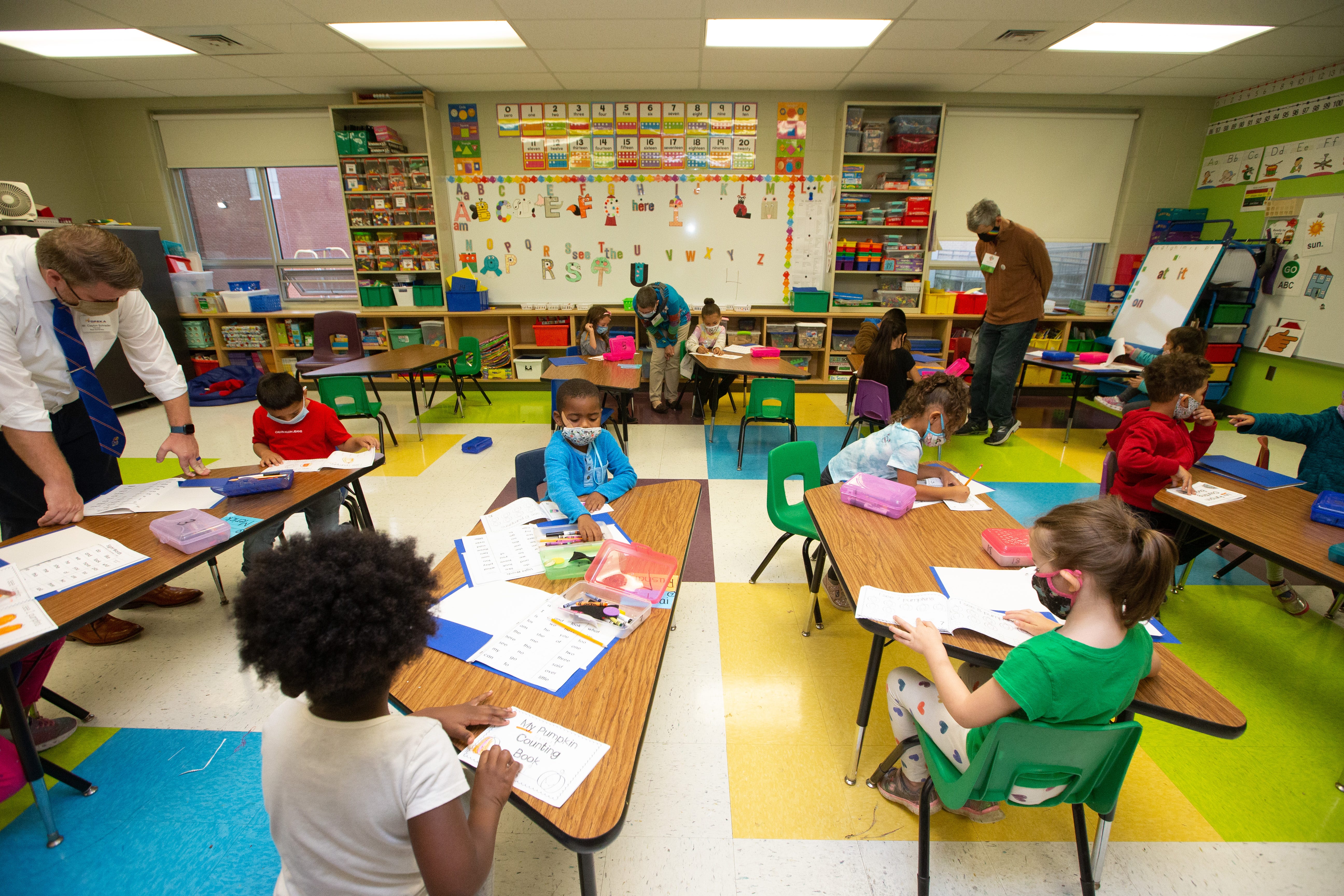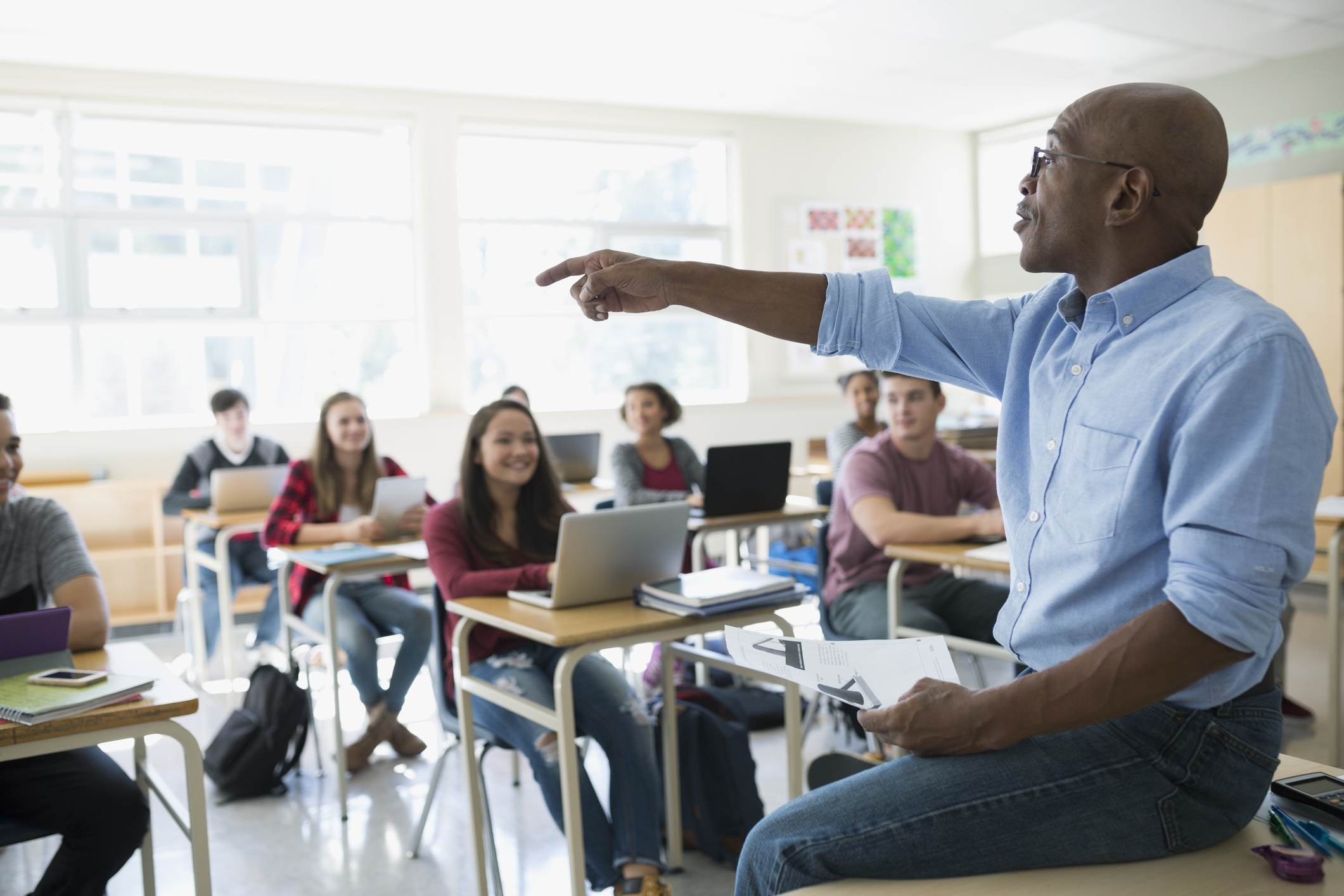Get Top Results with Primary Science Tuition Singapore from Experienced Tutors
Wiki Article
Checking Out the Different Mentor Techniques in Key Scientific Research Education Today
Inquiry-based understanding, hands-on experiments, and the assimilation of innovation are redefining exactly how teachers involve young minds. Furthermore, joint strategies and distinguished instruction are being used to provide to the varied demands of pupils, boosting both interaction and understanding.Inquiry-Based Discovering
Inquiry-Based Knowing (IBL) is an instructional method that urges students to check out clinical concepts with wondering about, investigation, and hands-on trial and error. This method highlights the function of pupils as active individuals in their understanding, promoting essential thinking and analytic abilities. By engaging with real-world concerns, students end up being motivated and interested, which improves their understanding of clinical concepts.In IBL, educators act as facilitators, assisting pupils as they browse their inquiries instead of supplying information straight. This student-centered strategy enables differentiation, fitting numerous finding out speeds and designs. Students establish skills in creating hypotheses, making experiments, and evaluating information, which are essential for scientific proficiency.
Furthermore, IBL fosters partnership among pupils, encouraging them to share searchings for and ideas. This cumulative inquiry promotes social skills and a feeling of area within the class. The process of questions urges strength, as trainees discover to accept failure as a stepping stone toward understanding.
Hands-On Experiments
Hands-on experiments are an essential part of efficient scientific research education, matching the principles of inquiry-based understanding. These experiments permit trainees to engage straight with scientific concepts, fostering a much deeper understanding through experiential learning. By adjusting products and observing results, young learners can comprehend abstract concepts in concrete means.Such tasks promote critical reasoning and problem-solving abilities, as students assume results, conduct experiments, and examine results. This procedure urges them to ask concerns, refine their understanding, and create a scientific attitude. Additionally, hands-on experiments can be customized to diverse discovering styles, ensuring that all trainees have the opportunity to engage meaningfully with the web content.
Furthermore, hands-on experiments often motivate cooperation among peers, promoting synergy and interaction skills. Working in teams makes it possible for students to share concepts, discuss findings, and pick up from each other, which improves their general instructional experience.
Incorporating hands-on experiments right into the main science educational program not only enriches the finding out setting but likewise grows a long-lasting interest in science. By proactively taking part in their education, trainees are extra most likely to develop an enthusiasm for clinical inquiry that prolongs past the class.

Modern Technology Integration
Incorporating innovation into main science education has come to be increasingly essential in cultivating pupil engagement and improving finding out results. Making use of electronic devices, such as interactive simulations, online labs, and instructional software, provides students with opportunities to explore scientific principles in cutting-edge means. These sources assist in a deeper understanding of complex topics by enabling learners to imagine and manipulate variables that would be not practical in a traditional class setting.Additionally, technology combination motivates personalized learning experiences. Pupils can advance at their own rate, reviewing challenging principles via multimedia resources, which deal with various understanding styles. This adaptability not only supports individual growth but also grows a feeling of autonomy in learners.
Additionally, modern technology functions as a bridge to real-world scientific research, linking trainees with present research study and expert payments. Access to online data sources and clinical journals broadens students' perspectives on clinical query and cultivates important thinking abilities.
Collaborative Learning
Collective understanding plays an important duty in main scientific research education and learning by fostering team effort and communication abilities among pupils. This technique encourages students to interact, share expertise, and engage in analytic, which improves their understanding of clinical concepts. By joining team tasks, students learn to verbalize their concepts, pay attention to varied viewpoints, and negotiate services, all of which are necessary abilities in both scholastic and real-world contexts.
Study indicates that joint discovering can result in increased inspiration and involvement in science topics, as trainees find pleasure in common experiences (primary science tuition Singapore). next page Additionally, this strategy prepares students for future joint endeavors, furnishing them with the abilities required for reliable team effort in college and specialist environments. Eventually, embracing collective learning in main scientific research education can significantly improve the understanding experience and promote a deeper understanding of clinical questions
Separated Direction

Differentiated direction can show up in different ways, such as varying the material, procedures, or products of knowing. For example, educators may use tiered tasks that provide varying degrees of complexity, enabling trainees to function at their corresponding preparedness degrees. In addition, adaptable organizing approaches can promote cooperation amongst students with different abilities, fostering peer knowing.
Evaluation plays an essential duty in this approach, as it notifies direction and assists teachers comprehend each student's special requirements. Developmental evaluations, such as tests and monitorings, can lead teachers in readjusting their approaches to enhance discovering results. primary science tuition Singapore. Inevitably, by carrying out differentiated direction in main science education, teachers can cultivate a much more effective and fair knowing setting, empowering all pupils to reach their full capacity in understanding clinical sensations
Final Thought
In summary, the varied mentor methods in primary scientific research education, consisting of inquiry-based learning, hands-on experiments, technology assimilation, joint knowing, and set apart direction, collectively add to a more reliable learning environment. These techniques promote crucial reasoning, analytic skills, and a deeper understanding of scientific concepts. By carrying out these approaches, educators can create helpful and appealing class that attend to the diverse demands of pupils, ultimately fostering a lifelong interest in science and improving academic accomplishment.Inquiry-Based Knowing (IBL) is a pedagogical method that encourages students to explore clinical principles via wondering about, examination, and hands-on trial and error.Collaborative learning plays an important role in primary science education by fostering synergy and interaction abilities amongst trainees.Research study indicates that collaborative knowing can lead to enhanced motivation and interaction in scientific research topics, as pupils find enjoyment in common experiences.In promoting an inclusive knowing environment, set apart guideline Check Out Your URL arises as a crucial technique to accommodate the varied demands and capabilities of students in primary science education and learning. Inevitably, by applying separated guideline in main science education and learning, instructors can cultivate a more fair and efficient understanding atmosphere, empowering all pupils to reach their full possibility in understanding clinical sensations.
Report this wiki page